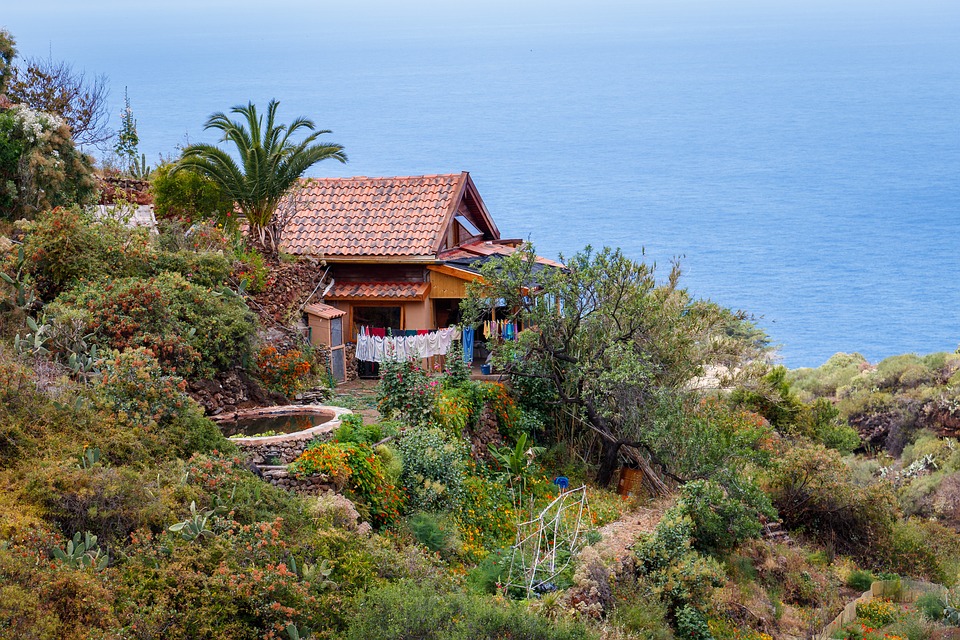What Is Slow Travel And Why Should We Care?

Most of us live a fast, stressed life in fast, stressed work, filled with running around between our homes, our work, our kids' schools, and supermarkets. This lifestyle barely leaves us any time we can spend actually living - our every waking minute is filled with doing things or idly absorbing the myriads of channels of entertainment pouring at us through all the devices around us - TVs, computers, phones, you name it. This rushed lifestyle leaves little more than time for a city break for most of us, short trips that we spend quickly checking the main sights and landmarks of the place off our lists and move on to the next. This style of travelling is not ideal as it doesn't provide us with the relaxation we need after our rushing weekdays - to counter this rushing lifestyle, a brand new way to take a holiday has recently emerged. It is called "slow travel", and it should be the golden standard for everyone taking a break.
What is "slow travel"?
Slow travel is an offshoot of the "slow movement", a cultural shift that first emerged in the mid-1980s. To protest the opening of a McDonald's restaurant in Piazza di Spagna, Rome, Italian activist Carlo Petrini initiated a movement to promote local food and traditional cooking. Later, the movement turned into an organization and became known as "Slow Food". Later, the same principles were expanded to other areas, too, promoting the slowing down of one's life pace as opposed to the acceleration all around us. Slow travel is a slowly (sic!) evolving movement built on the same principle. Its basics are best expressed by Hidden Europe editor Nicky Gardner, who asked "If we have slow food and slow cities, then why not slow travel?" in her manifesto. "Slow travel is about making conscious choices, and not letting the anticipation of arrival undermine the pleasure of the journey," she wrote. "By choosing to travel slowly, we reshape our relationship with place and with the communities through which we pass on our journeys".
Slow travel in Malaga
Travelling slow means not booking a room in a hotel for a night or two but investing in a longer-term holiday rental - like a rural home, for example. You'll find plenty of those around, ranging from houses equipped with everything you can think of to secluded rural houses surrounded by natural environments to help you relax and completely disconnect from your everyday life but still stay close to the city. Not to mention that these long-term rentals are often more affordable than hotels. When you travel slow and rent a home instead of a hotel room, you'll have the luxury of being in charge of your own time - sleep in, have breakfast whenever you like (and wherever you like - there are enough coffee shops in the less tourist-saturated areas of the city where you can mingle with the locals), shop at the small markets where all the locals do, cook your own food or even discover some local specialities that are usually left off the many of the more tourist-oriented restaurants. In short, travelling slow will allow you to change the pace of your vacation, be immersed in a completely different lifestyle, and finally break out of your own, even if only for a week. And it will help you get back home relaxed, well-rested, and with your mind filled with memories instead of your social media account filled with selfies.
Leave a Reply